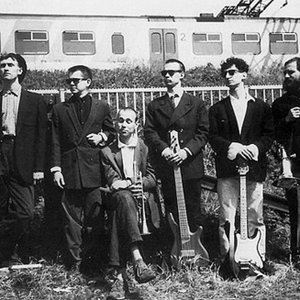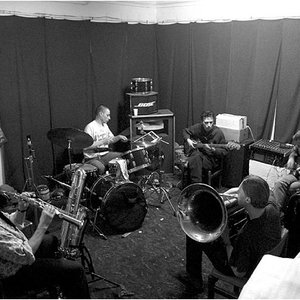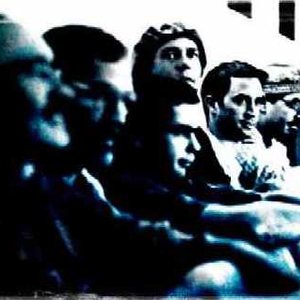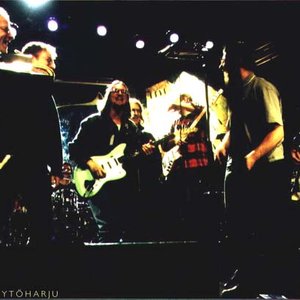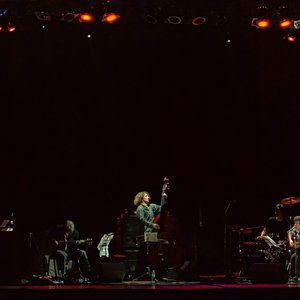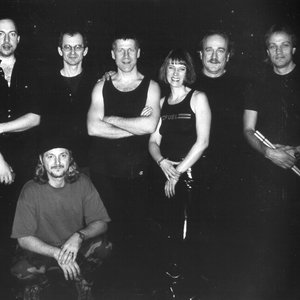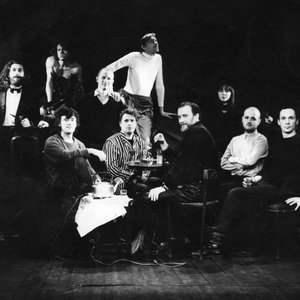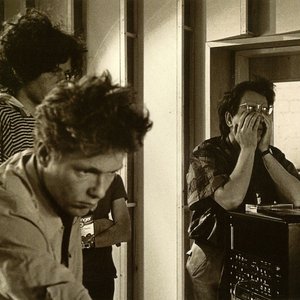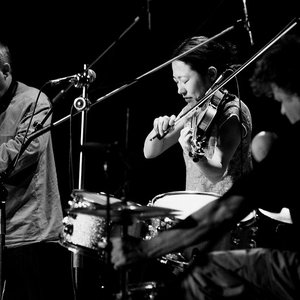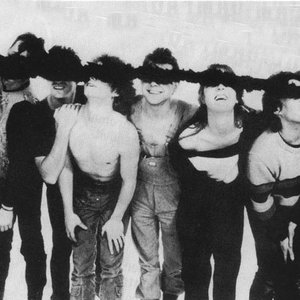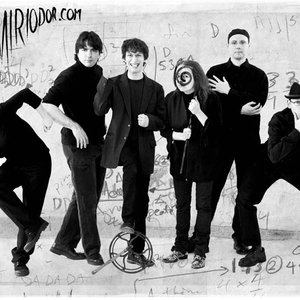Biography
-
Years Active
1987 – 1999 (11 years)
-
Founded In
Tallinn, Harjumaa, Estonia
-
Members
- Leonid Soybelman
- Oleg Davidovich
- Vadim Veeremaa
- Victor Bitlovsky
Ne Zhdali, or Unexpected, is the title of Ilya Repin's classic last 19th century painting of a bearded political prisoner unexpectedly coming home to his family. Ne Zhdali is also the name of the best-known Russian-Estonian rock group. Formed in 1987 as the "home band" at the Russian Drama Theater in Tallinn, the group played at perestroika-era rock Festivals all over the former Soviet Union and created a strong cult following, thanks to highly unusual musical textures and a bizarre stage act.
With the collapse of the Soviet empire. Ne Zhdali has found itself in an increasingly difficult position, sitting between two or more "national" chairs. Despite its international success, unequalled by any other Estonian rock act (Ne Zhdali has toured parts of Europe and released an album "Rhinoceroses and Other Forms of Life" in Holland), the group has never been really appreciated or accepted by the cultural elite in their homeland.
In late 1990, Leonid Soybelman the groups "spiritus ego", singer and guitarist decided to irnmigrale to Israel. Everyone thought that the bands story was finished. But the group carried on, balancing awkwardly between different countries. Soibelman, who did not find an acceptable musical environment in Israel, moved to Switzerland. The rest of Ne Zhdali stayed in Tallinn, but managed to continue touring and recording.
As Ne Zhdali's press kit once said (the other time in 1990 – yohan) the bands music is "basically and instinctively oriented on expressive rhythmic structures and on small naive folky tunes, coming from everywhere in the world." A world beat band, however, it is defittely not. The sound is dominated by a brilliant, noisy guitar and heavily syncopated brass riffs that make Ne Zhdali distantly related to New York's "punk-funk" breed. But it is not really funky either. Ne Zhdali's work is best described in non-musical terms like witty and grotesque. The textures are very changeable and deliberately eclectic, incorporating Mediterranean, Slavic, and African influences.
by Artemy Troitsky, 1990.
Artist descriptions on Last.fm are editable by everyone. Feel free to contribute!
All user-contributed text on this page is available under the Creative Commons Attribution-ShareAlike License; additional terms may apply.
